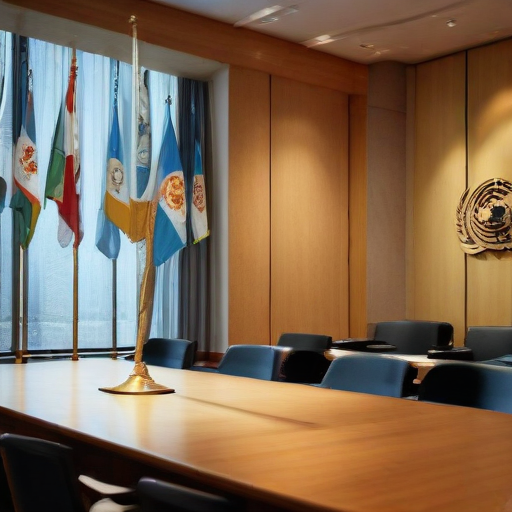President-elect Donald Trump has announced Rep. Elise Stefanik of New York, a strong supporter and leading figure in the House Republican Conference, as his nominee for U.S. Ambassador to the United Nations. This selection marks the first Cabinet appointment for Trump’s second term in office.
In a statement released on Monday, Trump expressed his honor in nominating Stefanik, praising her as a determined advocate of the “America First” agenda. Stefanik herself conveyed her gratitude for the nomination, stating she is eager to support the administration’s vision on the global stage with what she described as a “peace through strength” approach at the United Nations.
Stefanik, at 40 years old, has been an ardent supporter of Israel, particularly in light of the recent conflict following Hamas’ attacks on October 7. She has actively spoken out against antisemitism in educational settings and has called for the defunding of the United Nations Relief and Works Agency for Palestine Refugees in the Near East, alleging that it has connections to Hamas.
Having served as chairwoman of the House Republican Conference since May 2021, following the removal of Liz Cheney from the role, Stefanik has represented New York’s 21st Congressional District since 2015. The district encompasses a portion of upstate New York along the borders with Vermont and Canada.
However, Trump’s choice could lead to complications for House Republicans if it triggers vacancies, as the party’s control over the House remains uncertain. With a slim majority, maintaining effective oversight within the chamber could prove challenging.
In summary, Trump’s nomination of Elise Stefanik reflects his commitment to maintaining a strong presence at the United Nations while reinforcing his administration’s foreign policy priorities. This choice symbolizes a continuation of the “America First” stance that has characterized Trump’s approach. As the situation unfolds, it will be interesting to see how this impacts both domestic politics and international relations going forward. The hopeful perspective here is that with ambitious leaders like Stefanik, there might be opportunities for constructive dialogue and stronger alliances globally.
